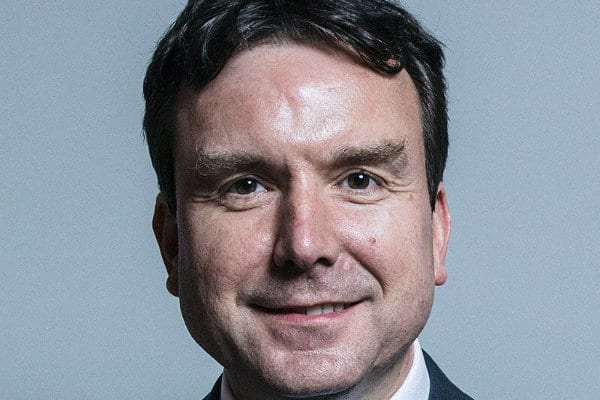Parents in Britain are entitled to share 50 weeks of leave – 37 of which are paid – after they have a baby. Eligible parents can be off work together for up to 6 months or alternatively stagger their leave and pay so that one of them is always at home with their baby in the first year.
New blog from @UoMPolicy: Shared #parentalleave: Opportunities and barriers and the #sharethejoy campaign https://t.co/LBqe6Jmh8I pic.twitter.com/6QY7vNlm7s
— UoM News (@UoMNews) February 12, 2018
The policy was introduced in 2015 to encourage fathers (and partners) to play a greater role in childcare in the first year but many parents aren’t aware this policy exists. And fewer access it. Of the 285,000 couples that are eligible for shared parental leave the Department for Business says the take-up rate is “as low as 2%”.
This accords with figures from the Australian Bureau of Statistics, released in September of 2017, that showed just one in 20 dads here take primary parental leave, with 95 per cent of all primary leave taken by the mother.
https://twitter.com/AndrewGriffiths/status/963423408779415552
The low-take up is why the department – and Griffiths – have been promoting the positive impact of fathers taking leave through online advertising, social media and on billboards.
This got interesting during an interview between the minister, who is expecting his first child in a few months, and BBC Radio host Emma Barnett earlier this week.
Barnett asked whether he’d be accessing the policy he is promoting.
“Unfortunately, as a minister, I’m not allowed,” he said. “Ministers are not allowed to take shared parental leave.”
My all time favourite headline generated by one of my @bbc5live interviews from this morning’s #EmmaBarnettShow https://t.co/L2ZJb0pqJc?amp=1 pic.twitter.com/XIs3ONoAO5
— Emma Barnett (@Emmabarnett) February 12, 2018
Griffiths is planning to be the first minister responsibility for parental leave to take their full two weeks of paternity leave – but because he is an ‘office-holder’ rather than an employee he’s not entitled to shared parental leave.
“The reality is I’ve discussed with my wife about whether she’d like to take shared parental leave, even if it was available to me – each family has to make the decision that suits them,” he said.
Barnett was, unsurprisingly, aghast.
“Hang on a minute, back up a second,” she said. “You’ve just come on the radio to promote Shared Parental Leave and you’re in a job where the rules could be changed because you are the rule-makers, where you’re not allowed to take Shared Parental Leave?”
“That’s right,” Griffiths replied.
“How can you say that without laughing?” Barnett asked.
Extraordinary: just interviewed the minister responsible for shared parental leave-waxing lyrical about benefits.Even though he’s about to become a dad in April @AndrewGriffiths CANT TAKE SHARED PARENTAL LEAVE! “Ministers aren’t allowed.”Jaw. On. Floor. @bbc5live #EmmaBarnettShow pic.twitter.com/5fVE5nbXpu
— Emma Barnett (@Emmabarnett) February 12, 2018
When Barnett asked why the rules for ministers couldn’t be changed so they could take shared parental leave, Griffiths then made another astonishing admission.
“I have to be honest…I hadn’t thought about it,” he said.
He did promise to “take it away and think about it”.
There are several barriers that prevent more fathers from accessing parental leave: awareness is one issue but the extent to which employers support it and cultural acceptance matter too.
Griffith’s situation goes to the heart of these barriers. In the eyes and minds of many employers and parents – mums and dads – men taking time off to be the primary carer just isn’t the ‘done’ thing.
I don’t, for a minute, suggest that Griffiths is insincere in his encouragement of fathers to get more involved in their caring of children. Similarly I don’t doubt his belief that more employers ought to embrace the benefits of providing their employees with flexibility. The merits of both arguments are beyond question.
But it is jarring to consider an individual responsible for promoting shared parental leave, who is on the cusp of parenthood himself, had not even ‘considered’ that policy being accessible to ministers.
The fact female ministers in the UK are entitled to extended maternity leave but male ministers aren’t entitled to extended parental leave highlights the fact gender is still key in this realm.
It’s hard to see how any advertising campaign will change that. It will change – in Britain and here – when more fathers take up the policies on offer. That is more likely to happen when fathers are encouraged and supported to do that – by their employers, their own families and their communities.


